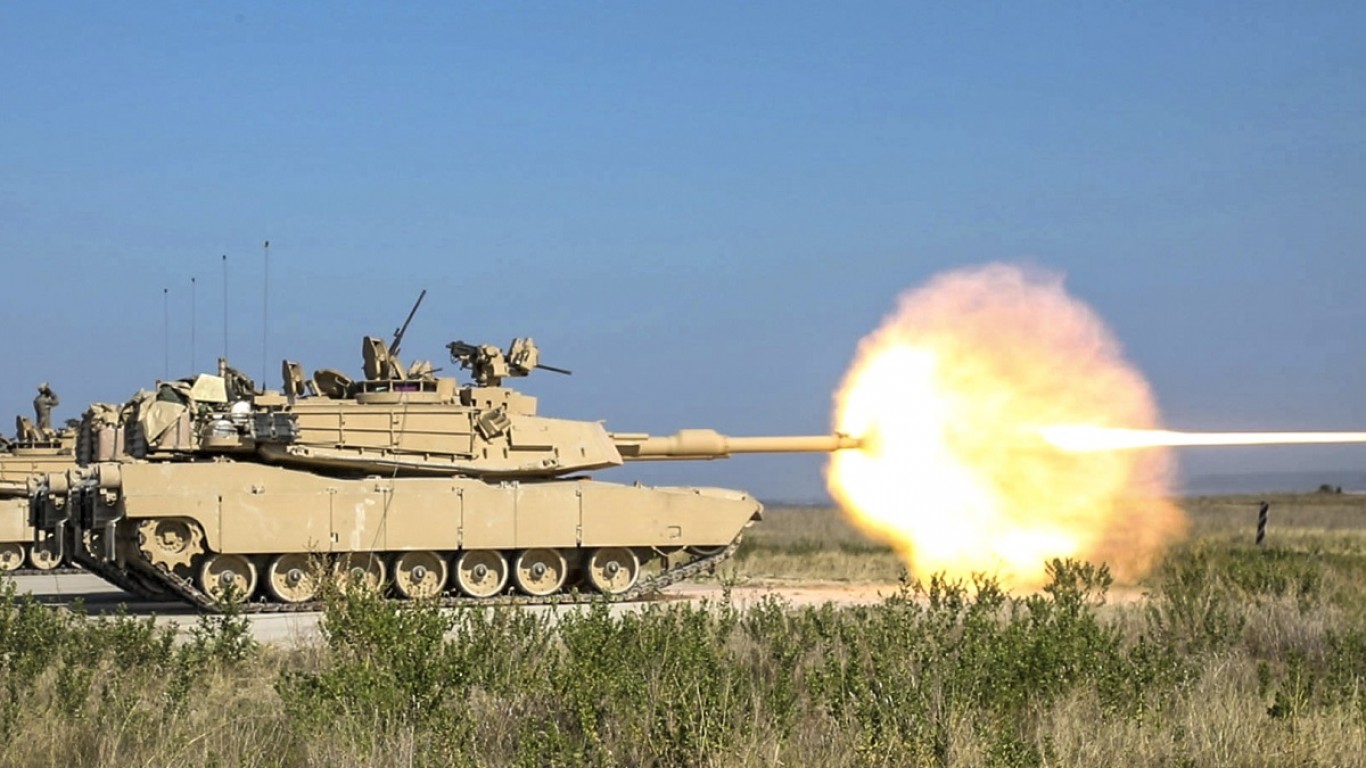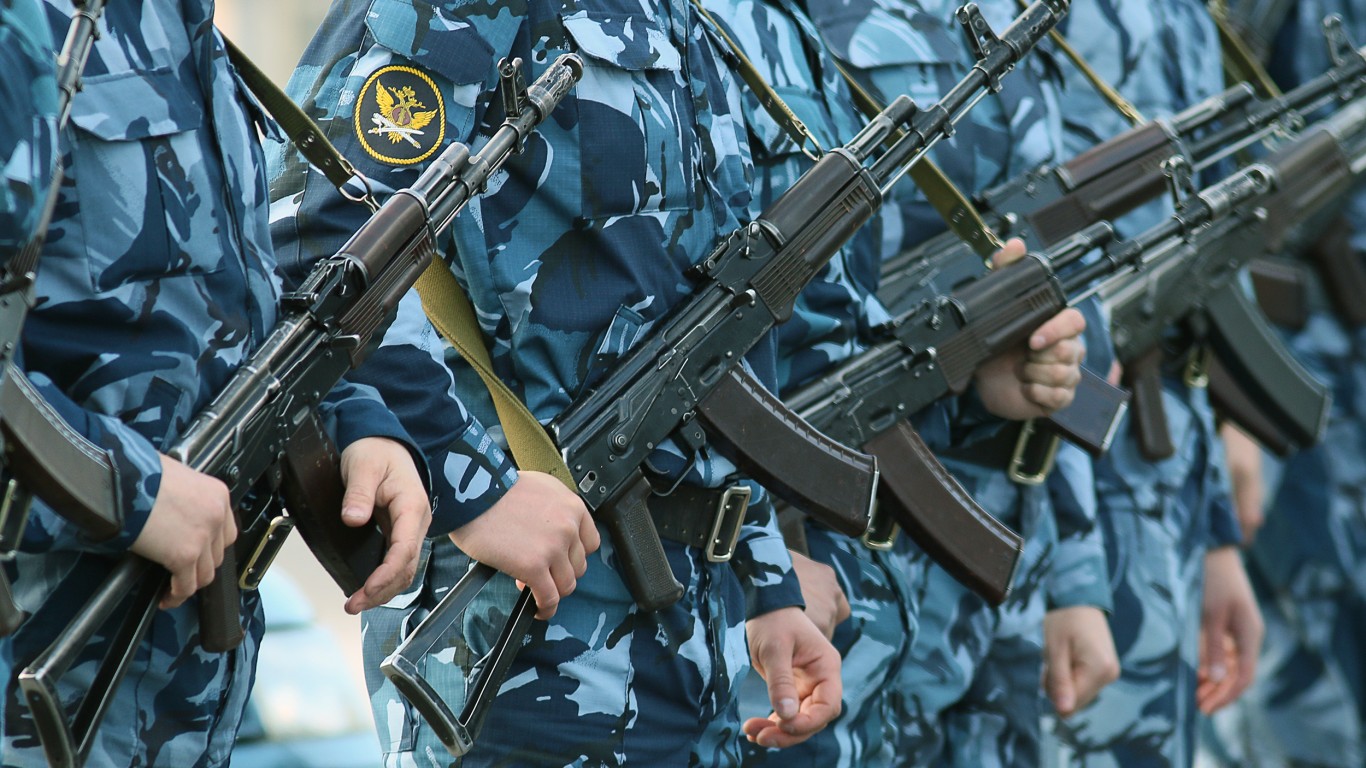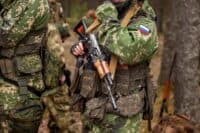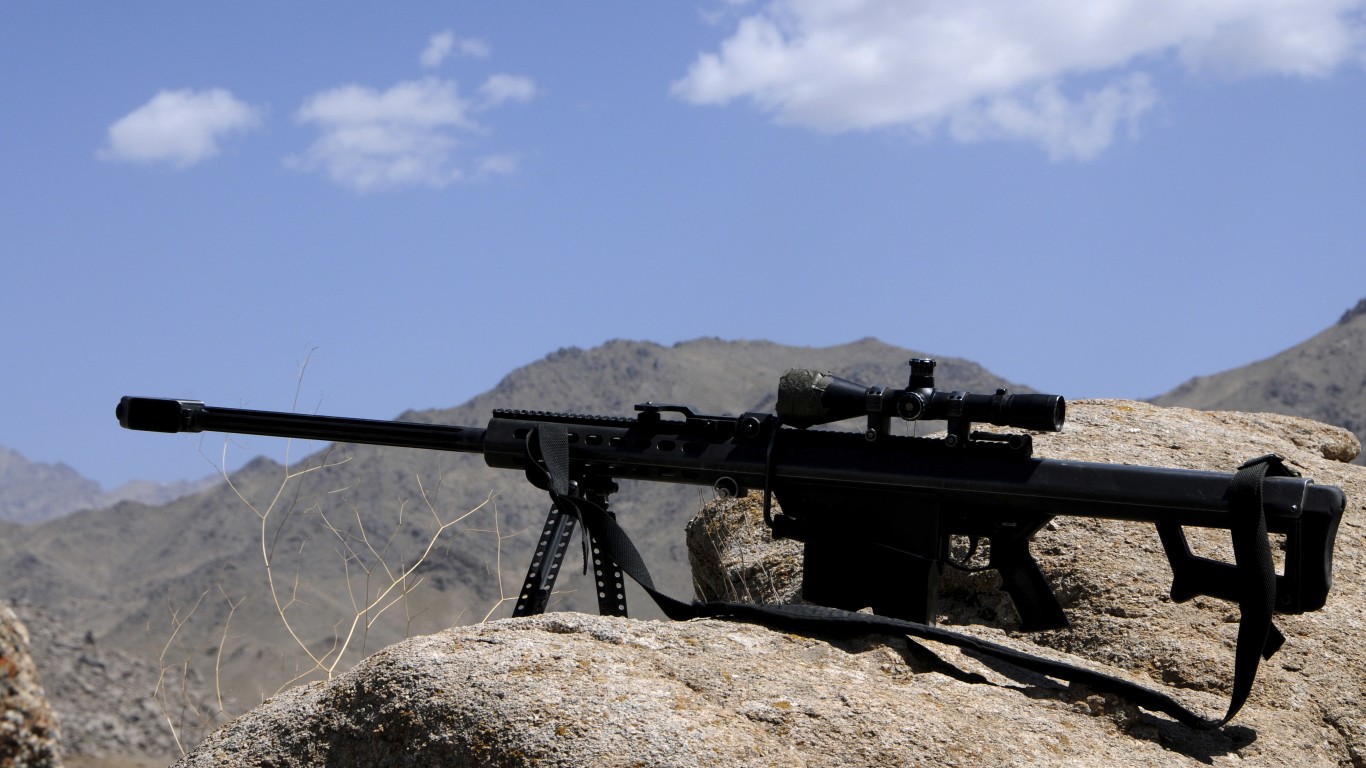
Sergeant Brian Kremer of the United States Army killed an Iraqi insurgent in 2004. He holds the record for the longest-recorded kill in American history at 2,300 meters (1.4 miles or 7,545.9 feet) away. That is nearly the length of the Golden Gate Bridge. Click through the following slides to learn more!
#1 Second Ranger Battalion
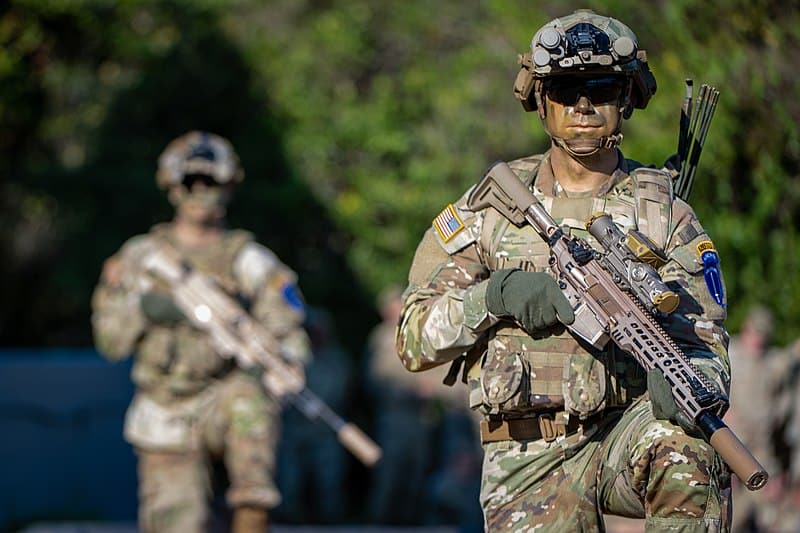
Sergeant Brian Kreme was part of the U.S. 2nd Ranger Battalion and used a Barrett M82A1 sniper rifle to successfully complete the shot. The Barrett M82A1 uses .50 BMG rounds, which are ideal for long-range rifles. This ammo was originally designed for the M2 Browning Machine Gun in 1933.
#2 The Barrett M82A1
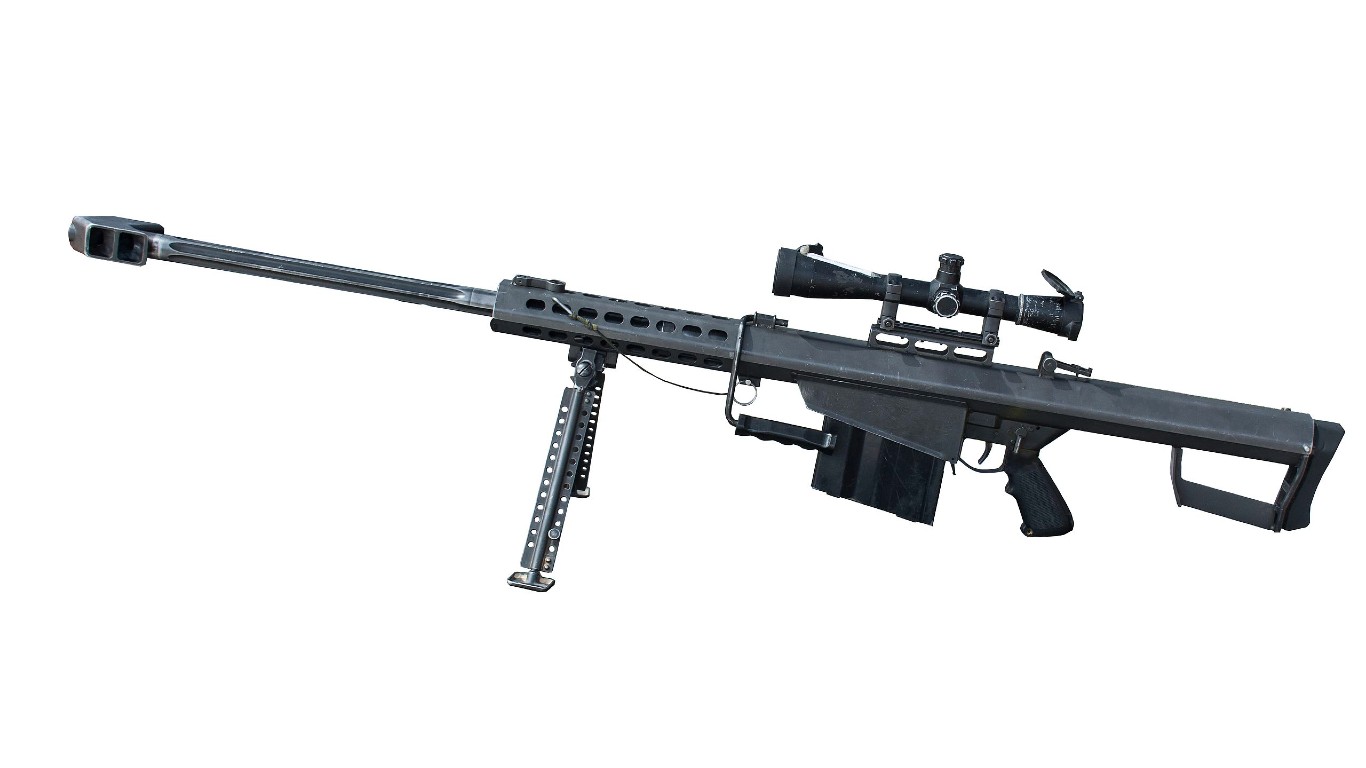
This rifle can be used for not only human targets, but vehicles, aircraft, and even small structures. It is the most powerful single-person rifle ever used in war. It boasts a muzzle velocity of 2,700 feet per second, is semi-automatic, and has a short recoil.
#3 Iraq 2004
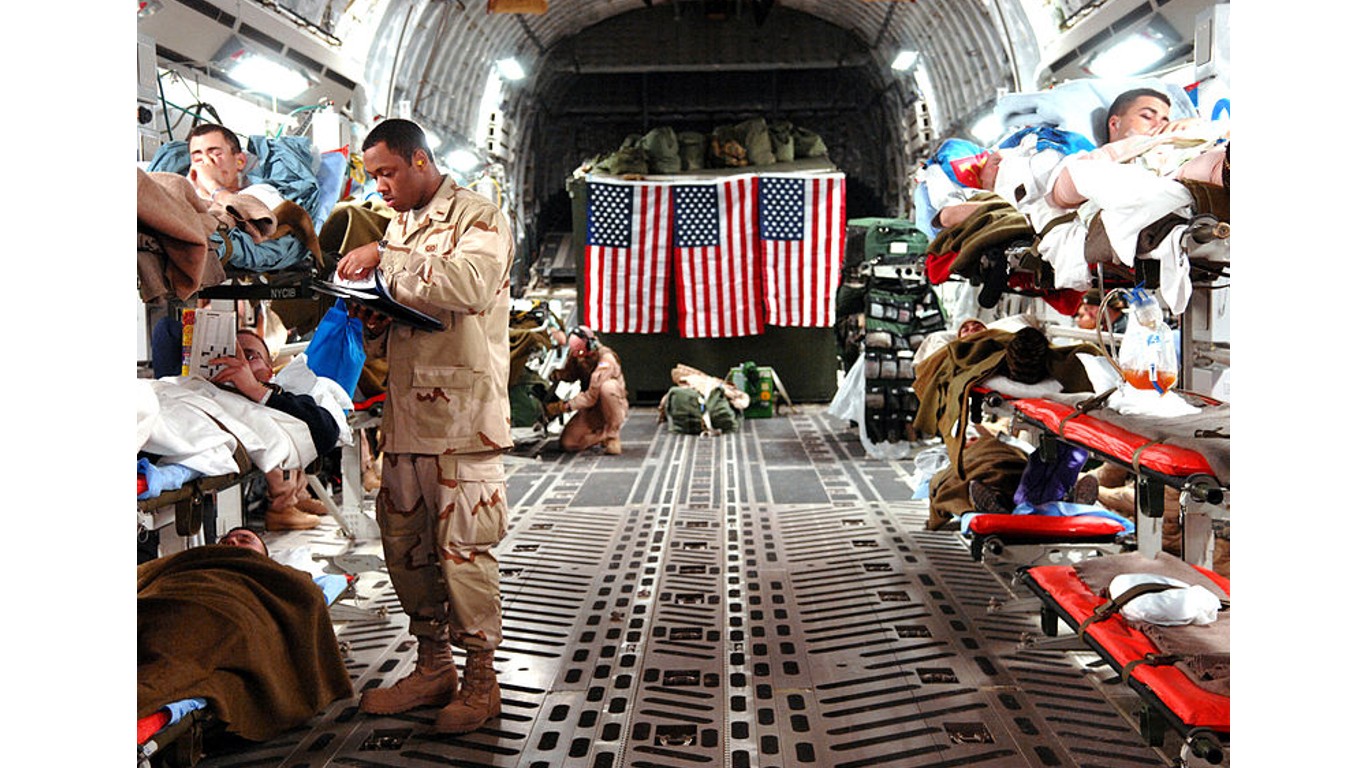
Sergeant Kremer deployed to Iraq in March of 2004. His record beat Corporal Arron Perry of the Canadian Army in Afghanistan of the same year by .01 miles. Corporal Arron Perry beat Carlos Hathcock’s record of 43 years he made in the Vietnam War.
#4 Beating Chris Kyle
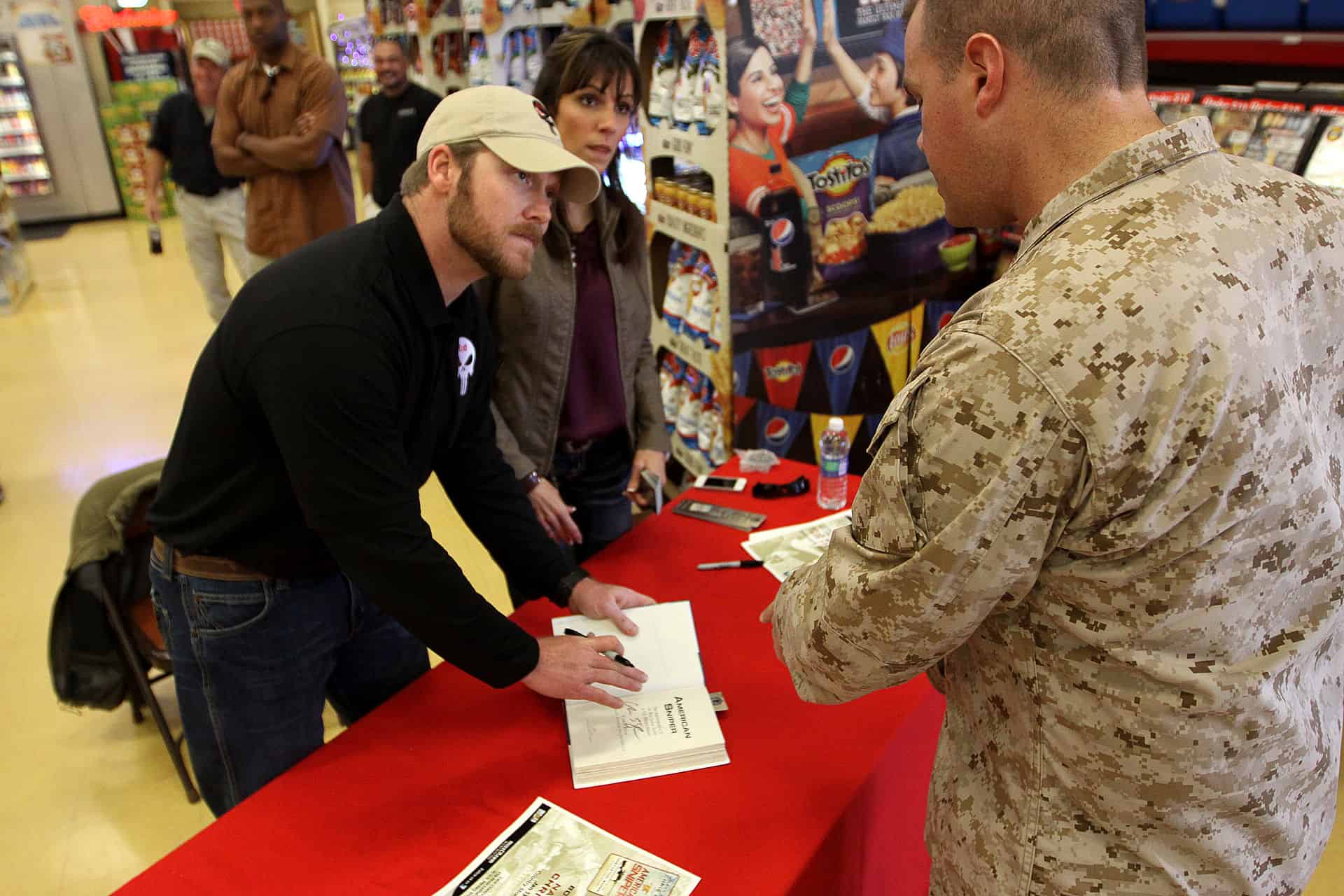
Before Sargant Kremer made his famous shot one year into the Iraqi War, Navy SEAL Chris Kyle held the record for the United States. Kremer beat his record by 400 yards.
#5 Sixth-Best Sniper
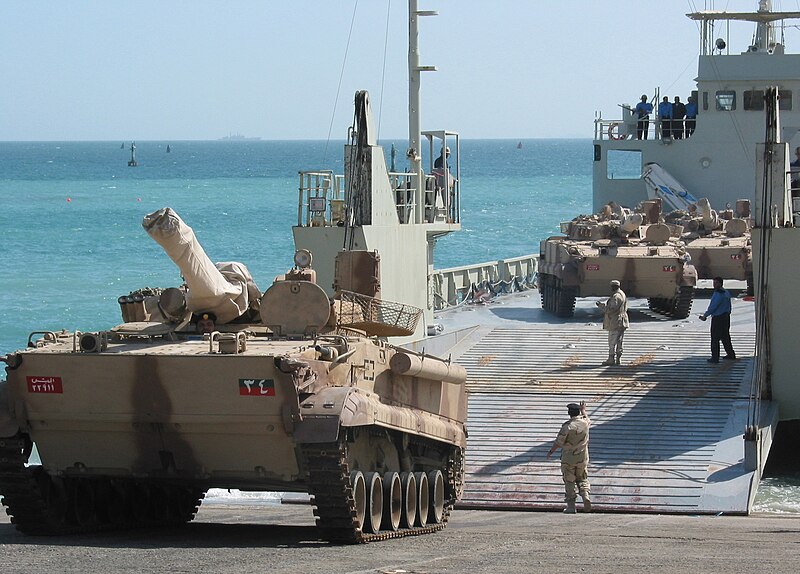
The mission that Sergeant Brian Kremer and the battle during which this event took place is still classified information, so we don’t know a lot about the record-breaking event, except that he made the kill in March of 2004 and was accompanied by a watcher. Sergeant Kemer holds the record for the 6th best sniper shot in the world.
#6 Longest Shot in the World

The longest shot in the world happened in 2017 during the Iraqi War by a Canadian special forces operator. The soldier’s identity has been left unnamed for classification reasons, but their record was 3,540 meters (2.2 miles), almost double the distance of Sergeant Kremer’s shot.
#7 The Watcher’s Role
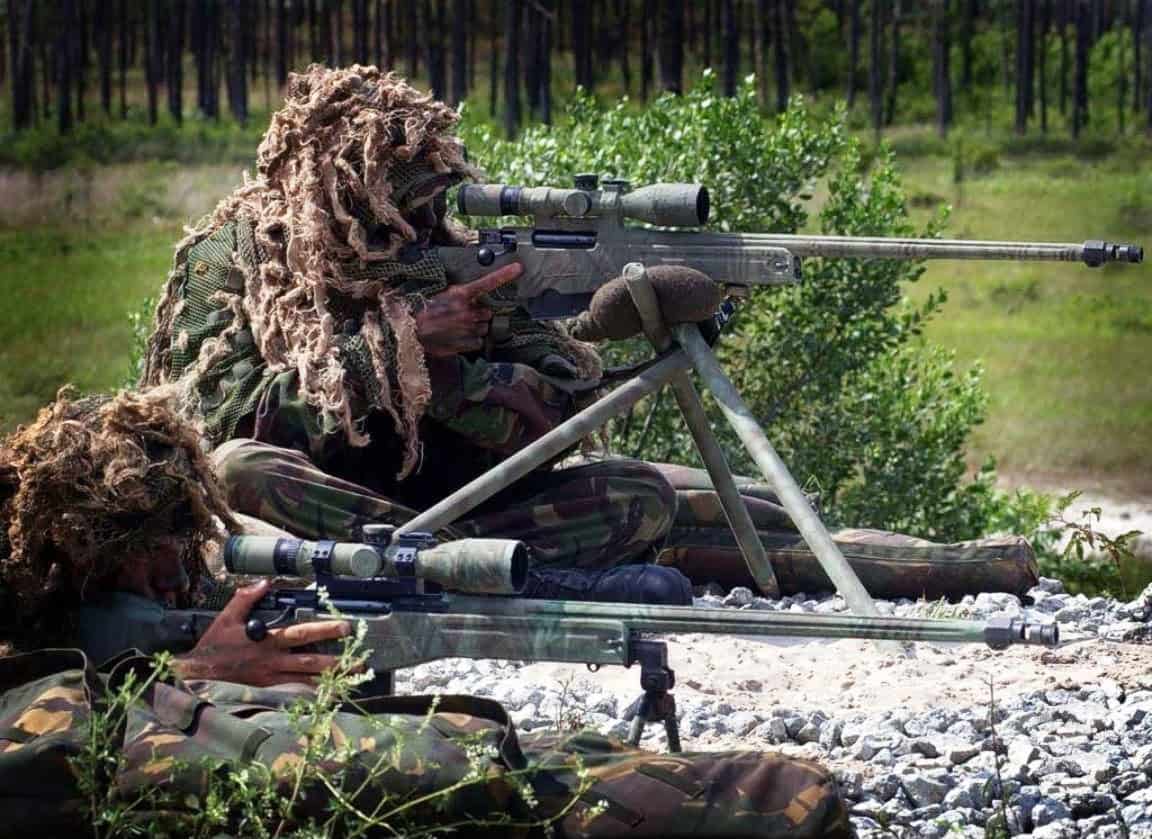
Watchers accompany snipers in remote locations, with high danger risks. They carry the heavy equipment together, often traveling on foot. Even though most militaries have highly trained snipers, a sniper’s method is the same: Take two breaths in and out, and squeeze the trigger during a natural pause.
#8 The Art of Sniping
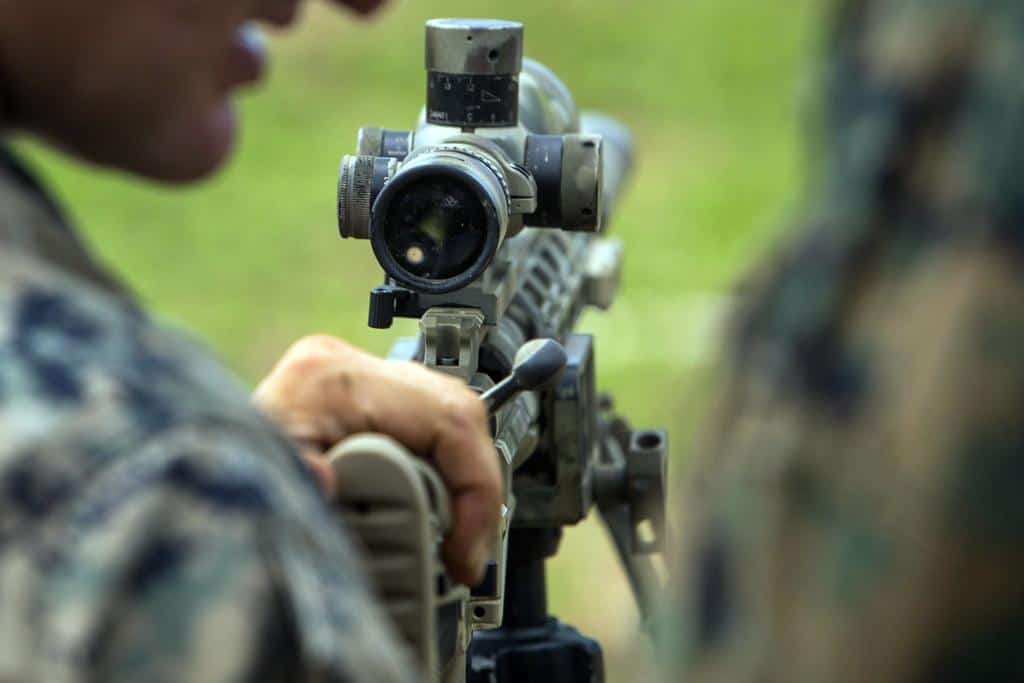
Some factors that need to be accounted for during a sniper mission are “not just for the ballistics of the round, which change over time and distance, you have to adjust for wind, and the wind would be swirling…You have to adjust for him firing from a higher location downward and as the round drops you have to account for that. And from that distance, you actually have to account for the curvature of the Earth,” a source that trains Canadian Special Forces explained to The Globe and Mail.
#9 Sniper Training
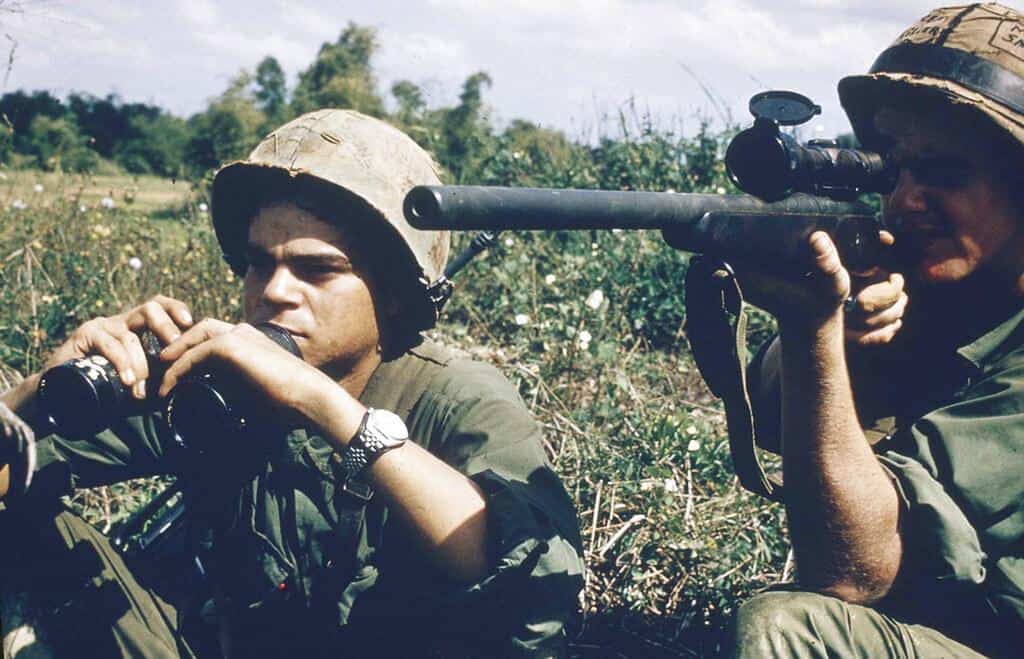
Snipers, or sharpshooters require advanced training, mental fortitude, and precision. The epitome of a sharpshooter’s profession is the common saying, “one shot, one kill.” This saying became a motto among snipers around the early 1970s. It highlights that a sniper’s goal is to use a single shot to incapacitate a target. In the United States, it takes at least five years to become a military sniper.
#10 Sniper Requirements
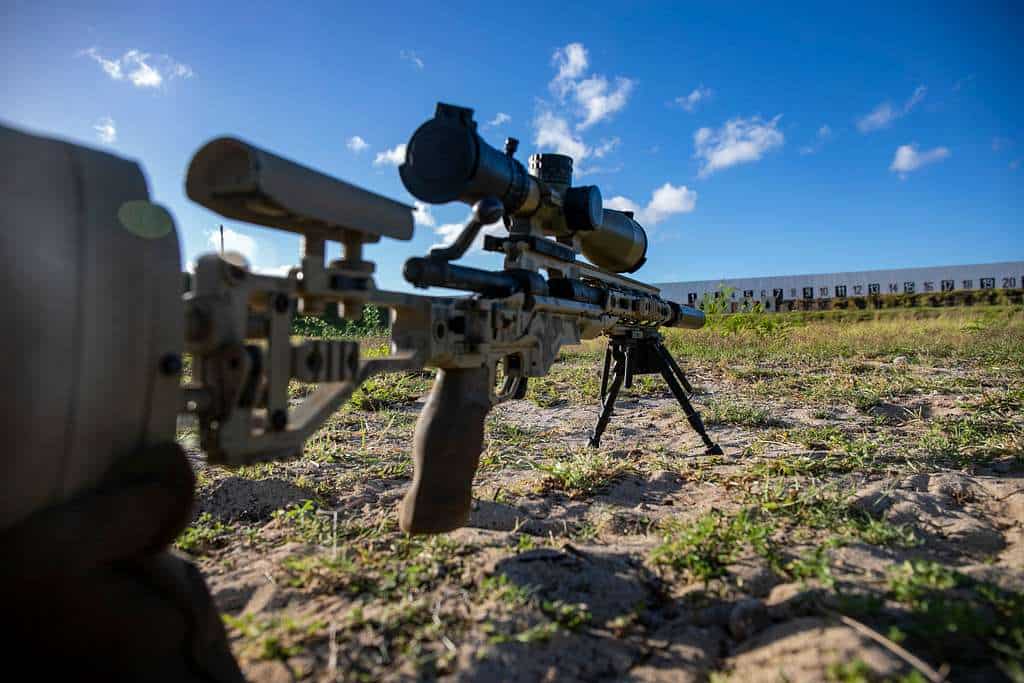
Some of the requirements for prospective snipers are passing a psychological evaluation, receiving an expert qualification with an M4 rifle within six months, completing the U.S. Army Sniper Course, having a GT score of at least 100, and completing basic training, advanced training, and field experience.
#11 Sniper Testing
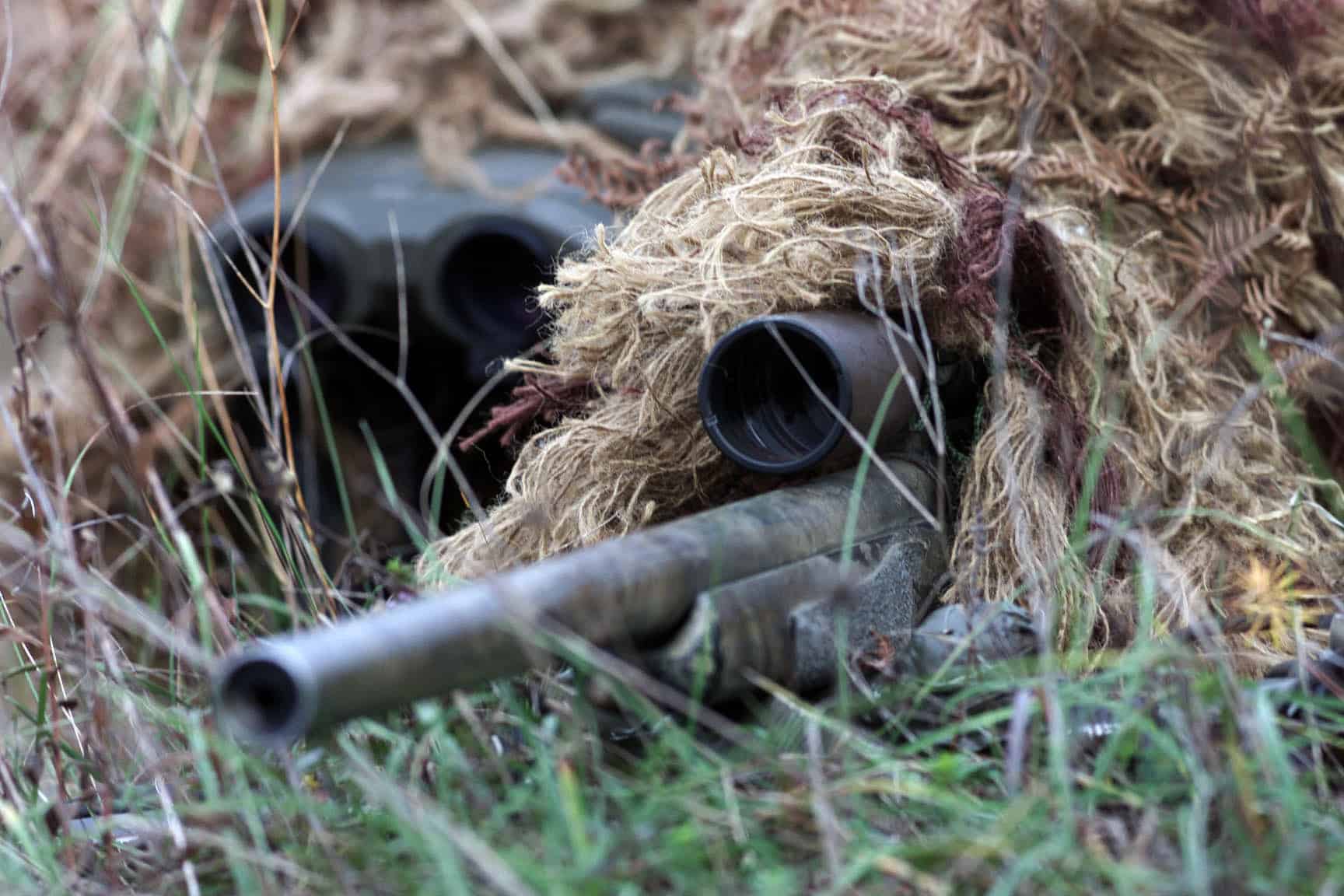
A GT score refers to the General Technical Section in the ASVAB (Armed Services Vocational Aptitude Battery) test. The GT score covers language, math, and reading skills. It also includes mechanical knowledge in certain branches of the military. The ASVAB is likely the most important test as it determines a person’s military career path.
Get Ready To Retire (Sponsored)
Start by taking a quick retirement quiz from SmartAsset that will match you with up to 3 financial advisors that serve your area and beyond in 5 minutes, or less.
Each advisor has been vetted by SmartAsset and is held to a fiduciary standard to act in your best interests.
Here’s how it works:
1. Answer SmartAsset advisor match quiz
2. Review your pre-screened matches at your leisure. Check out the advisors’ profiles.
3. Speak with advisors at no cost to you. Have an introductory call on the phone or introduction in person and choose whom to work with in the future
Thank you for reading! Have some feedback for us?
Contact the 24/7 Wall St. editorial team.
